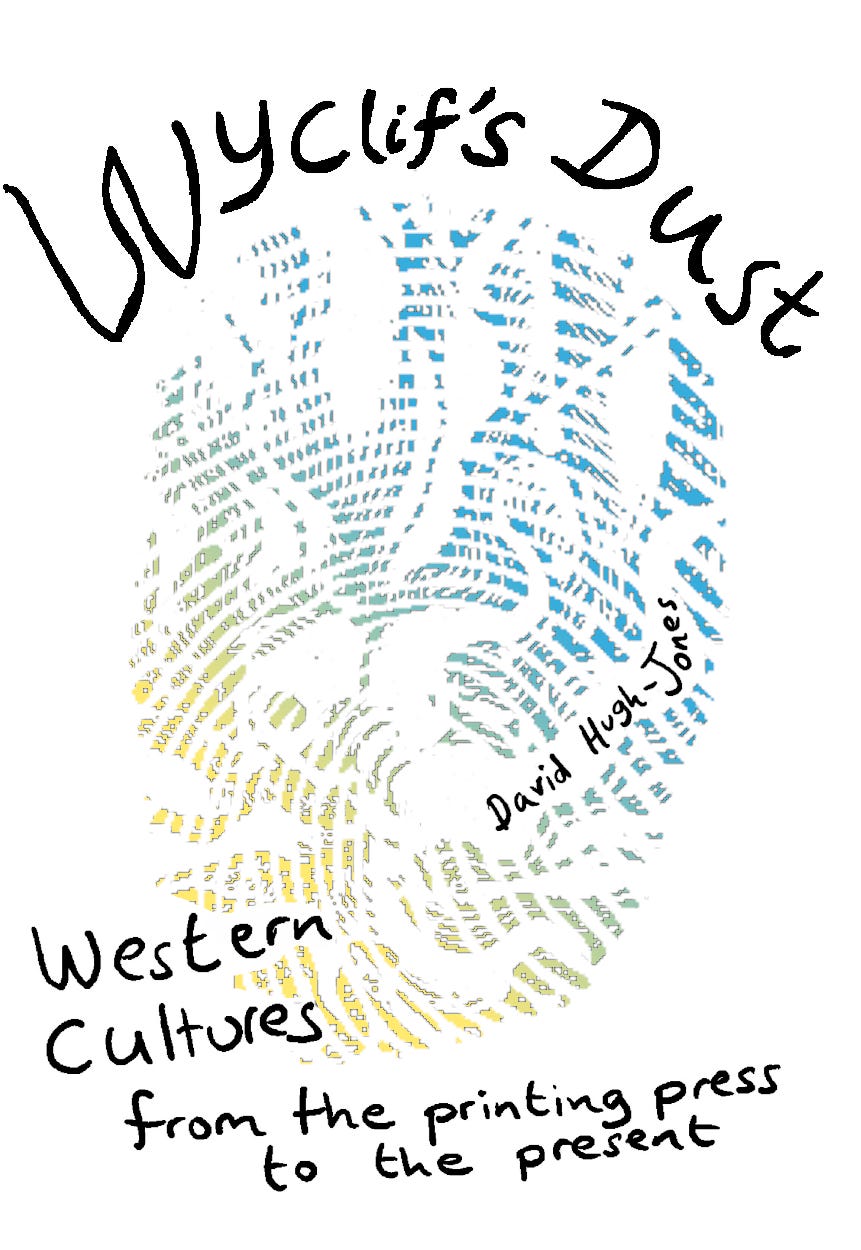How to write a good comment
When someone is wrong on the internet
Most comments are a waste of time to read and write. Yet online debate is now central to politics and culture. So, making people better at commenting would be a useful thing to do.
Some commenting guidelines aim to benefit the forum, by encouraging you to be more polite or respectful. This guide aims at your self-interest. It wants to make you a more effective writer. Hopefully, this will also improve the quality of debate for everyone else, because powerful and persuasive arguments clarify issues, while poor logic, bad writing, and overheated emotion muddy them.
People love the sound of their own voices. This is so pervasive there ought to be a name for it: garrulity bias. Know why you’re writing. Otherwise, you’re the sucker. To gain reputation? Add information? Get noticed by someone? Point out nonsense? If in doubt, say nothing.
Understand your venue. On Reddit, jokes and wordplay are welcome. On Hacker News they’re actively discouraged. Some places have rules. (The HN rules are usually also good advice elsewhere.)
Be brief. Pascal. Churchill. Short words, sentences and paragraphs are easier to read. Prose stuffed with long words will make stupid people think you are smart… and vice versa.
Most idiots are best ignored. Popular idiocy may need a response.
Who will be reading you? Understand the algorithm of your venue. There is no point talking to an empty room. Early responses often get an advantage. (Everyone using this trick probably wouldn’t improve overall debate quality, so use it sparingly.)
Know when to give up. This is hard, but you don’t need the last word. A polite sign-off can be stylish. Have a nice day!
Edit yourself. Get into the habit of rewriting even short comments. You will be surprised how much it improves what you say, and the delay helps you argue more calmly. It’s also good practice for longer writing.
Are you trying to persuade your interlocutor, or the audience? If the former, be more polite. It’s easier to persuade someone if you don’t make them lose face. But some people are beyond help; if so, it’s fine to be blunt. Unrepentant bigotry, bad faith and rudeness deserve a thunderbolt. Just don’t miss.
To be polite, remove sarcasm and rhetorical questions.
Only post top-tier jokes (and in some venues, not at all). You are competing with the funniest person on the forum.
In an argument, choose your weapons. If your opponent is sarcastic, be direct and sincere. If he’s pompous, be straightforward and funny.
Wit can make a point very effectively. I mean wit in the service of an argument, not jokes. It’s hard to be witty if you’re angry; breathe and wait.
If a comment is wrong and stupid, a simple approach is to flatly contradict it. “The moon is made of green cheese! [continues for 6 paragraphs]”. The moon is made of rock.
Absolute plainness and sincerity often work very well. Understatement is also effective, since it is underused. Najma Sharif’s “what did y’all think decolonization meant?” tweet on October 7 received a thousand dunkings. None was more deadly than Noah Smith:
Ask questions. You’ll either get a good answer, or reveal that someone’s position is standing on air.
Observe your emotions. They are sometimes justified, but rarely long-lasting. If you are angry, wait.
See it from the other person’s point of view. Even if they are wrong, they don’t think they are. Why not? (This is related to steelmanning, but it’s more of an emotional attitude to a person than an argument technique. It’s also related to Chesterton’s Fence: if you don’t know why they said X, don’t reply until you have worked it out.) Doing this will strengthen your response, and also help you empathize better.
Be alert to when someone else’s post feels wrong — especially one that seems authoritative. Don’t suppress that feeling: focus on it until you can articulate it.
Don’t rebut every one of the other person’s points. Pick on what matters. Otherwise, the thread of argument becomes fractal.
In fact, you can often discard the least important half of your points. All killer, no filler.
Be sparing with extremely online slang and trendy language. Use your own words, don’t be a tryhard. Memes are not a guaranteed way to be funny, although an unconventional use can be brilliant.
Avoid weasel phrases like “I feel that….” State your views directly.
Don’t overshare. Your personal disabilities etc. are interesting, but only when they are relevant. Don’t use your mental state as a bludgeon. Exhausted? Have a lie down.
Is your own experience informative, or is it just an anecdote where data is needed? Both are sometimes true.
Criticizing someone’s vocabulary is almost always a poor substitute for engaging with their argument. As a rule of thumb, don’t do this, and when others do, challenge it.
Acknowledge where someone is partly right. It allows you to learn, it’s a nice thing to do, and it will make your remaining disagreements more credible.
Afterwards, make peace. Simply liking someone’s post anonymously ❤️ is a nice way to show there’s no hard feelings.
Get away from the keyboard and do something productive! I do not take this advice enough.
If you liked this post, you might like my book Wyclif’s Dust: Western Cultures from the Printing Press to the Present. It’s available from Amazon, and you can read more about it here.
You can also subscribe to this newsletter (it’s free):
I recently started Lapwing, a more personal newsletter which is a story of my family.




“Only post top-tier jokes.” But what if I'm writing for a specific friend and you, er, I mean he or she appreciates bad jokes?
The only good comment is “No comment.”